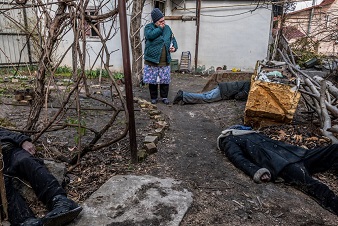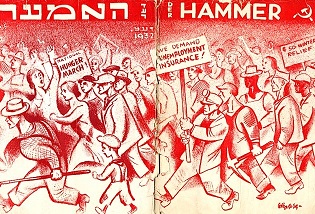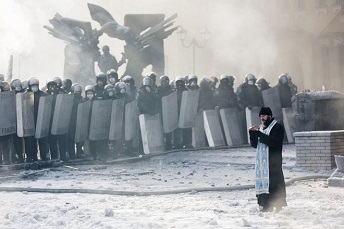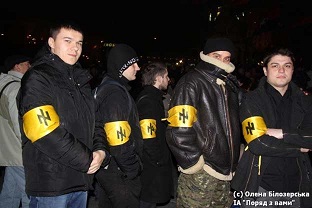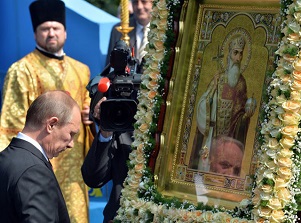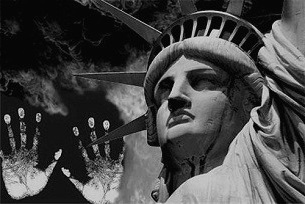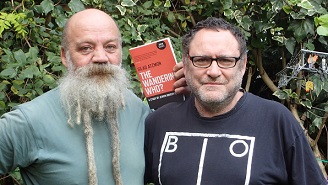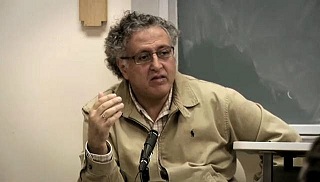A book review by Gilad Atzmon
Jewish Identity and Palestinian Rights: The Growth of Diaspora Jewish Opposition to Israel by David Landy
David Landy, an Irish-Jewish academic and a Palestinian solidarity activist has written a book about Jewish Identity and Jewish dissent in the Diaspora. The book, published on 7th July 2011, was largely ignored by most pro-Palestinian outlets and dissident journals. Almost four months later, Landy’s book was re-launched by JFJFP (Jews for Justice for Palestinians), in the hope, presumably, that it might divert attention from my own The Wandering Who?.
Following the JFJFP’s enthusiastic endorsement, I was looking forward to reading Landy’s book, expecting to find, for the first time, some arguments that may counter my own take on Jewish identity politics. But I was disappointed: Landy’s findings only supported my reading of the subject in general, and confirmed my critical take on Jewish anti Zionism in particular.
Like me, Landy, makes a clear distinction between ‘Palestinian solidarity’ and ‘Jewish anti Zionist activism’:
“I do not call them (the Jewish anti Zionists) Palestinian solidarity either” (pg. 6).
He prefers to refer to his ‘Jewish Diaspora dissident voice’ as ‘Israel-Critical Jews’. Landy has grasped that Jewish dissent is actually more about ‘Jewish liberation’ than about liberating others. It is largely about Jewish secular craving for identity as opposed to any attempt to really change the reality in Palestine:
“Few, if any, of my interviewees thought that they were working exclusively for the Palestinians” says Landy and goes on to explain that “This is partly because some participants think they’re protecting the Jewish collectivity from anti Semitism by promoting peace in the Middle East” (pg. 26.)
Such an observation should have alerted Landy to the possibility of something slightly dishonest within the ‘Jewish anti Zionist’ cell. After all, we know that Landy’s ‘Israel-Critical Jews’ completely fail to confront the Jewish Lobby in the UK or the USA. And if that were not enough, they will even join forces with Zionists and hasbara, and are clearly willing to use every possible means to stop others from attempting to expose the lobby and the extent of its political influence.
Despite Landy’s attempt to portray a growing, vibrant Jewish dissent, he is at least honest enough to admit that the Jewish Diaspora is largely supportive of Israel, and that ‘Israel critical Jews’ are still no more than a marginal calling. But this is more or less where the good news ends, for unfortunately, on every other front Landy’s book is totally lacking in substance.
